Wherever there is interest and power to do wrong, wrong will generally be done
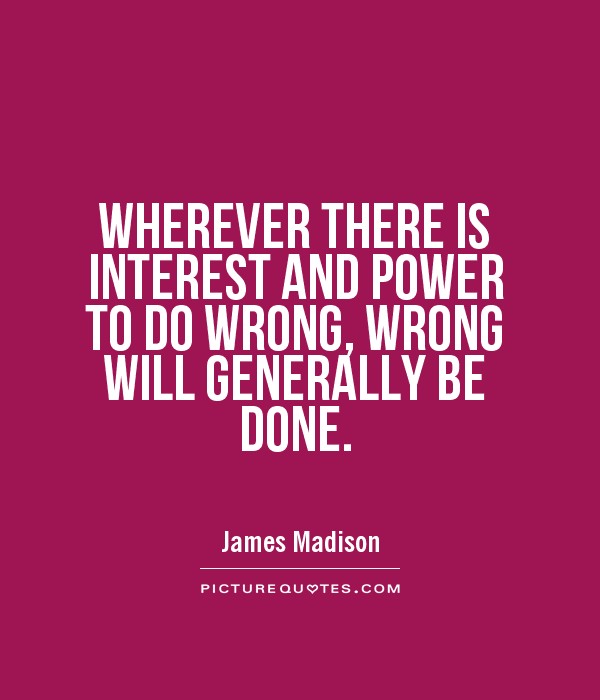
Wherever there is interest and power to do wrong, wrong will generally be done
James Madison, one of the founding fathers of the United States and the fourth President of the country, was a firm believer in the idea that wherever there is interest and power to do wrong, wrong will generally be done. This statement reflects Madison's understanding of human nature and the dynamics of power in society.Madison was a key figure in the drafting of the U.S. Constitution and the Bill of Rights, which sought to establish a system of government that would prevent the abuse of power and protect the rights of individuals. He understood that power can corrupt individuals and institutions, leading to the oppression and exploitation of others. In his famous Federalist Paper No. 51, Madison wrote, "If men were angels, no government would be necessary. If angels were to govern men, neither external nor internal controls on government would be necessary."
Madison's words are particularly relevant in today's world, where we see numerous examples of individuals and institutions abusing their power for personal gain or to further their own interests. From corrupt politicians to unethical corporations, the potential for wrong to be done is ever-present in society. Madison's warning serves as a reminder that vigilance is necessary to prevent the abuse of power and protect the rights of all individuals.
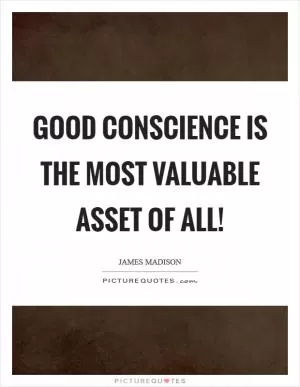

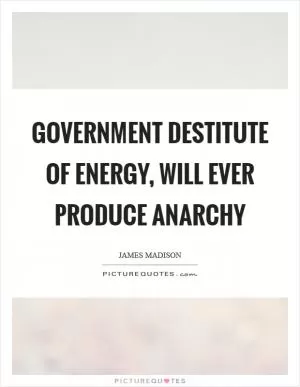
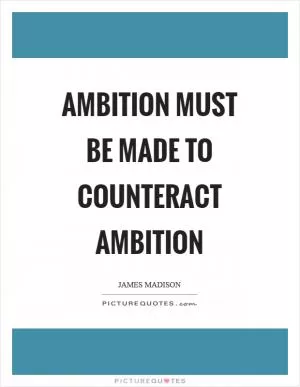
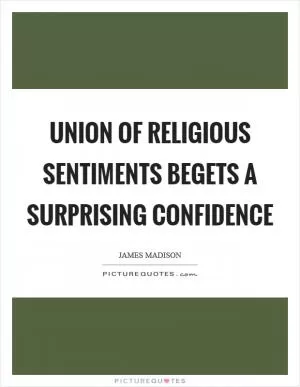
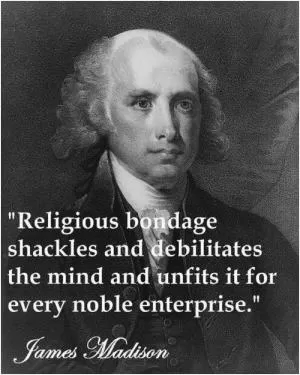
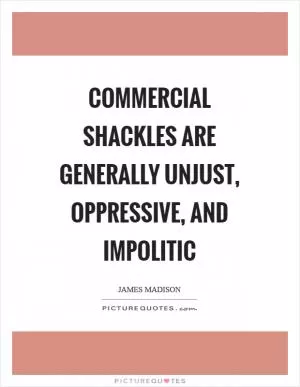

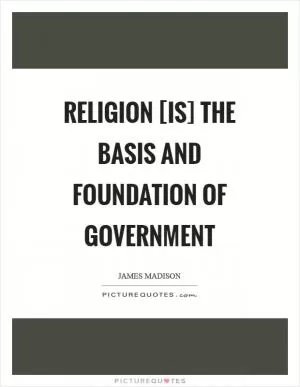
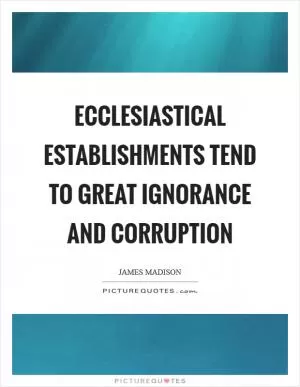
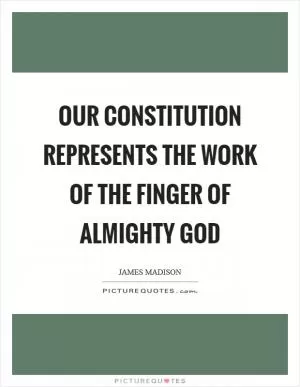

 Friendship Quotes
Friendship Quotes Love Quotes
Love Quotes Life Quotes
Life Quotes Funny Quotes
Funny Quotes Motivational Quotes
Motivational Quotes Inspirational Quotes
Inspirational Quotes